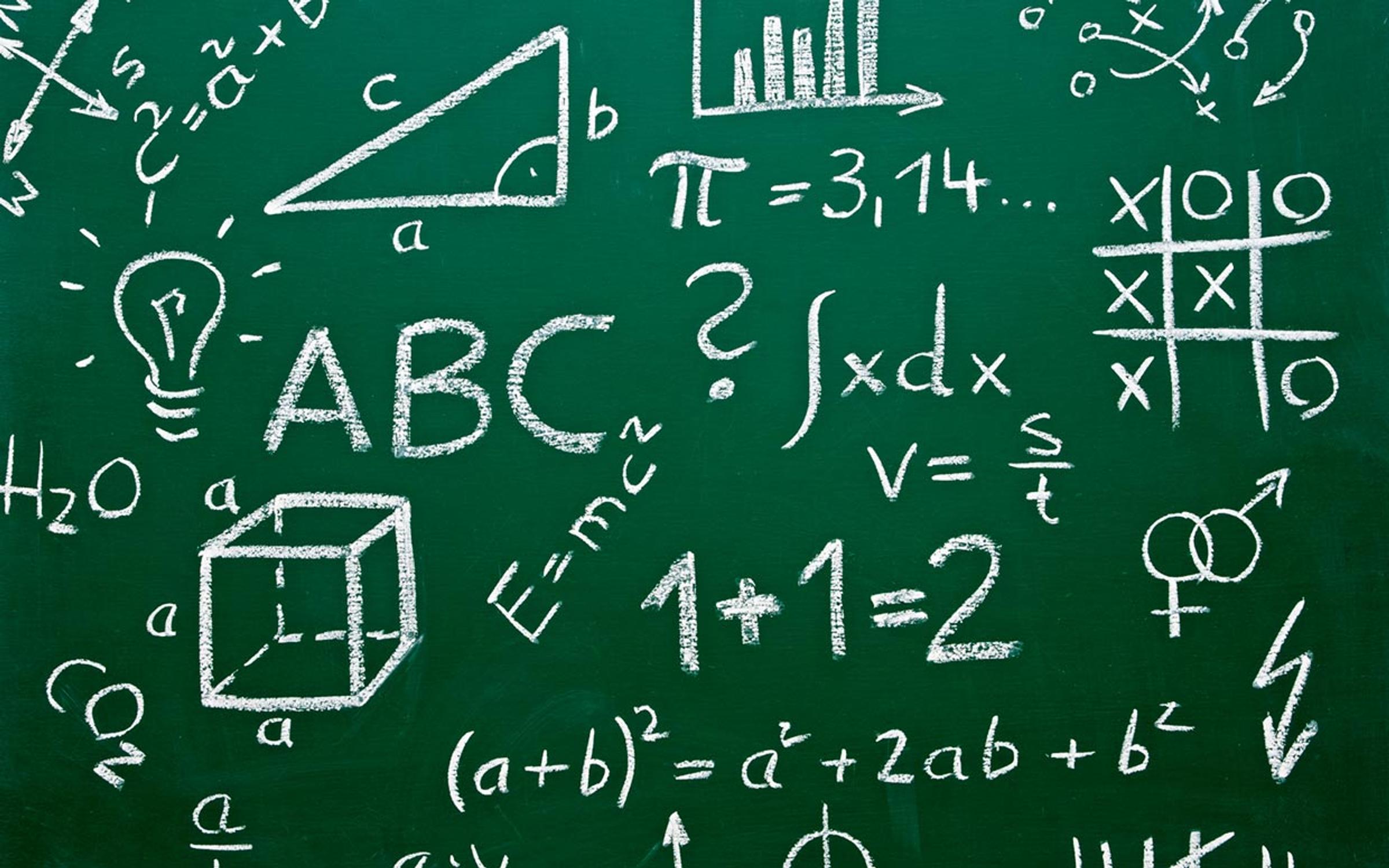Tips for helping your child measure time and temperature

Tips for helping your child measure time and temperature
At a glance
- Children need opportunities to compare two or more things to understand measurement.
- To understand temperature, kids need to compare two things to measure the ‘hotness' or ‘coldness' of something.
- Initially, children learn about time through using language such as ‘yesterday', ‘today' and ‘tomorrow'.
- Talk about events in terms of time.
- Share books that are based on temperatures or seasons.
Looking at 'use-by' dates on food, watching the weather report together ... there are many things you can do to give your child an understanding of time and temperature.
For kids to make sense of measurement, we need to show them how it is used in everyday situations. We should also encourage kids to use the language associated with measurement, by talking about:
- things that we can measure,
- things we can use to measure, and later
- the units we use to measure things, such as minutes and hours or degrees.
How kids learn to measure time and temperature
Kids need opportunities to compare two or more things to understand measurement. To understand temperature they need to compare two things to measure the ‘hotness' or ‘coldness' of something. They need to see and talk about how temperature can affect things as well as the ways we can measure temperature.
Initially, kids learn about time through using language such as ‘yesterday', ‘today' and ‘tomorrow' and through comparing the time it takes to complete activities, eg "While you throw a ball in the air I can clap my hands three times and catch it". Later, kids read the time from digital and analogue clocks.
What can you do at home?
- Talk about events in terms of time, eg "It's going to take about three minutes to cook this, so you might have time to butter some bread".
- Look for different kinds of clocks and watches in the house. Ask your child if they are analogue or digital.
- Have your child help you set a kitchen timer or an alarm clock.
- Record special events on a calendar and talk about how many days or weeks before the event.
- Watch athletics and swimming events and talk about the times the athletes are achieving in the events.
- Locate the ‘use by' dates on groceries and discuss how many days left before the item should be used.
- Have your child help you read bus and train timetables when using public transport or read the arrivals and departures board if you're at the airport.
- Look at parking signs and discuss the time restrictions when parking the car.
- Have your child help you put the correct money in parking meters and talk about the amount of time before the meter runs out.
- Read the instructions on food and drink packages together to see the recommended temperature for storage.
- Ask your child to pack and make a label with the ‘use by' date for meat or cooked foods that are to be frozen.
- Talk to your child about how temperature will change foods and drinks while you are cooking, eg "What's going to happen to the water when we put it in the freezer?" or "See what happens to the chocolate in the saucepan when I put it on the warm stove".
- Watch the weather report together and talk about the predicted temperatures. Ask your child what they might need to wear or have with them.
- Look at trees in your neighbourhood and talk about how the trees change with the seasons.
- Find different types of thermometers and talk about how they are used.
- Measure the temperature of bath water before your child steps into the tub. Talk about the water being too hot, too cold or the correct temperature for bathing.
- Talk to your child about safety issues regarding household items that can be very hot, such as the stove, iron or heater.
- Share books that are based on temperatures or seasons. A well-known event or celebration such as Christmas could be compared to the same event in cold climate countries.
